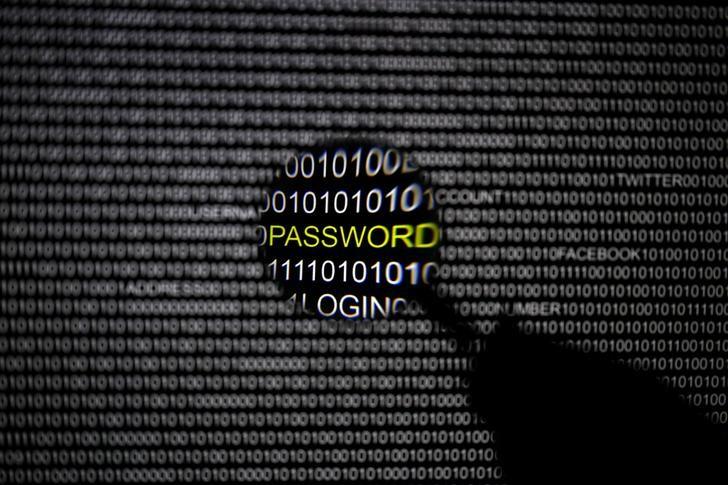This week, Wikileaks unveiled their latest revelation regarding the American government (in particular the Central Intelligence Agency) and their cyber-capabilities, indicating that the CIA was able to remotely hack into most smartphones, as well as other common technology like certain television sets, in order to listen in on target conversations, among a number of other claims. If verified, this release could compete with previous leaks caused by the likes of Chelsea Manning or Edward Snowden in terms of international fallout. In a bit of serendipitous timing, the United Nations just received their official report from the body’s first “Special Rapporteur on the right to privacy,” Joe Cannataci, who was assigned the task of investigating state surveillance in cyberspace after Edward Snowden released a slew of NSA data in 2015.
According to Cannataci’s report, which was debated by member states of the U.N. on Wednesday, now is the time for the international community to establish a treaty regarding the appropriate and responsible use of cyberspace for state-sanctioned intelligence gathering.
“It’s time to start reclaiming cyberspace from the menace of over-surveillance,” Cannataci told the UN Human Rights Council.
Per the website for the United Nations’ Human Rights Office of the High Commissioner, Cannataci was appointed to the role of “special rapporteur,” which is a title designated to “independent experts appointed by the Human Rights Council to examine and report back on a country situation or a specific human rights theme.” Cannataci’s appointment as the first ever special rapporteur on privacy is intended to last three years.
Primary among the list of Cannataci’s responsibilities to the Human Rights Council is the mandate to “gather relevant information, including on international and national frameworks, national practices and experience, to study trends, developments and challenges in relation to the right to privacy and to make recommendations to ensure its promotion and protection, including in connection with the challenges arising from new technologies.”
In short, Cannataci was tasked with studying how people interact in cyberspace, how the governments of the world leverage those interactions, and to make recommendations as to what can be done to ensure nations respect the privacy of their citizens.
According to Cannataci’s findings, governments all over the world have dramatically increased their demands on organizations like Google, Microsoft and Facebook to share private data stored about their customers. While these companies are based in the United States, he claims that relying on American legal safeguards to protect the rights and privacy of the world’s citizenry would be irrational – instead calling on the world to establish procedures to obtain an “international warrant” to access data or surveillance in the global theater.
“What the world needs is not more state-sponsored shenanigans on the Internet but rational, civilized agreement about appropriate state behavior in cyberspace,” the report said. “This is not utopia. This is cold, stark reality.”
Cannataci went on to criticize nations that have introduced populist laws that intrude on their citizen’s privacy in the name of fighting terrorism.
“The level of the fear prevents the electorate from objectively assessing the effectiveness of the privacy-intrusive measures proposed,” he wrote.
“Trying to appear tough on security by legitimizing largely useless, hugely expensive and totally disproportionate measures which are intrusive on so many people’s privacy – and other rights – is patently not the way governments should go.”
Already have an account? Sign In
Two ways to continue to read this article.
Subscribe
$1.99
every 4 weeks
- Unlimited access to all articles
- Support independent journalism
- Ad-free reading experience
Subscribe Now
Recurring Monthly. Cancel Anytime.
Although the United States did not make any public statement regarding the report, a number of nations, including China, Cuba and Russia all voiced at least tempered support for the concept, with China’s delegate claiming that rapid technological advances in recent years has led to a “drastic increase worldwide in the violation of privacy” and called enhancing protections an “urgent” matter. Even Russia, who has been repeatedly accused of attempting to interfere with national elections through their own cyber efforts referred to the report as “extremely topical.”
A draft legal text Cannataci submitted is being debated by activists and “some of the larger international corporations,” already and is expected to be published within the year, according to Cannataci.
Image courtesy of Reuters










COMMENTS